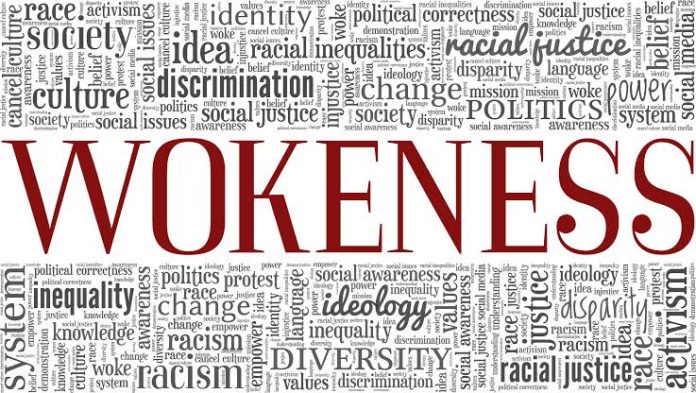By Abdulmalik Adetola Lawal
In recent years, a social phenomenon known as the “wokeness” community has gained significant traction in various aspects of society. While the movement initially aimed to raise awareness and promote social justice, it has increasingly faced criticism and backlash. This article explores the potential dangers associated with the “wokeness” community and its impact on discourse, freedom of expression, and societal cohesion.
Origins of the “Wokeness” Movement
The “wokeness” movement emerged as a response to systemic inequalities, discrimination, and social injustice. It sought to challenge established norms and bring attention to marginalized voices. However, the movement’s evolution has led to an increasingly polarized and divisive landscape, where any dissenting opinions are swiftly dismissed or labeled as “problematic.”
Suppressing freedom of expression
One of the most concerning aspects of the “wokeness” community is the stifling of freedom of expression. In an effort to create safe spaces, some proponents of the movement have resorted to censorship and “cancel culture.” This hostile environment discourages open dialogue, critical thinking, and the exchange of diverse viewpoints. It undermines the principles of intellectual freedom and hampers healthy societal progress.
Identity politics and groupthink
The rise of identity politics within the “wokeness” community has exacerbated societal divisions. The movement often reduces individuals to their social identities, placing emphasis on group affiliations rather than fostering a sense of shared humanity. This intense focus on identity can lead to a narrow-minded worldview, hindering efforts to find common ground and promote inclusivity.
Danger of virtue signaling
Virtue signaling, or the act of publicly expressing support for socially desirable causes without taking meaningful action, has become prevalent within the “wokeness” community. While signaling one’s alignment with progressive ideals may provide a superficial sense of moral superiority, it often fails to translate into tangible change. This performative activism risks overshadowing genuine efforts to address systemic issues and contribute to meaningful solutions.
Impact on education and intellectual growth
The “wokeness” movement has made its way into educational institutions, shaping curricula and stifling intellectual growth. In an environment where certain ideas and perspectives are deemed off-limits, students are deprived of the opportunity to engage in critical thinking, challenge existing frameworks, and develop well-rounded perspectives. This narrow ideological lens limits intellectual exploration and hinders the pursuit of knowledge.
Finding Common Ground
While the concerns raised about the “wokeness” community are valid, it is important to acknowledge the initial aspirations of the movement. Addressing social injustices and working towards equality remain vital goals. However, it is crucial to strike a balance between advocating for change and upholding the principles of free speech, open dialogue, and intellectual diversity.
Conclusion
The “wokeness” community, initially conceived to challenge inequality and promote social justice, has taken a troubling turn. The movement’s tendency to suppress free expression, promote identity politics, and engage in virtue signaling poses risks to open discourse and societal progress. It is imperative to navigate these concerns thoughtfully, striving for a society that respects diverse perspectives, encourages critical thinking, and fosters inclusivity. Only then can we move towards a truly equitable and harmonious future.


